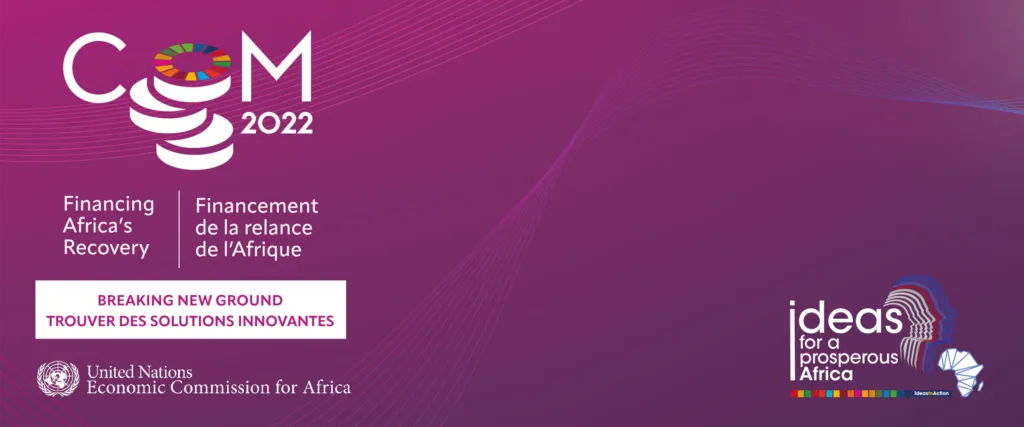The major shocks that Africa has had to contend with these last two decades have been exogenous ones which have all been beyond the control of African governments. And they appear to be increasingly frequent.
Following the financial crisis of 2008/9, the pandemic of 2020/21 – which saw economies in southern Africa contract by 6.3% – African economies are now having to grapple with the effects of the Russia Ukraine conflict.
The impact of this latest crisis has been rising soft commodity prices, notably wheat and edible oils, and the rise in the price of energy, fertilisers and some hard commodities. But it’s very much a mixed bag when it comes to individual countries.
The rise in the price of oil will be a boon for crude exporters such as Angola and Nigeria, and an issue for importers, such as Tanzania, which has turned to subsidies to curb price increases.
The head of the IMF in Angola says that it is not as clear cut as that. “Higher prices of oil brings with it challenges because at the same time, the Kwanza has appreciated. So when you convert dollars into kwanzas, what looks like a windfall in dollar terms is less so in local currency, which is what most government expenditure is in.”
Zahira Virani, head of the UN mission in Angola, said tools are needed to deal with these shocks to enable countries to come out of this crisis stronger and more resilient.
The toolkit, according to all panellists, is economic reform, economic diversification and greater self-reliance. “We produce what we don’t consume, and consume what we don’t produce,” said Matia Kasaija, Minister for Planning and Economy in Uganda.
The Minister for Economy and Planning for Angola, Mario Augusto Caetano Joao said the economy is today much less dependent on oil. It represents today 27% down from 43% of the economy in 2018.
But the conflict is destabilising many sectors and it is having an impact on balance of payments, although IMF support has helped balance government budgets, provided stability and averted a recession, he added.
Kasaija says his country has managed to withstand the impact of the latest crisis, but it is not immune from it. In terms of food security and food price inflation the situation is manageable. It is a net exporter of food.
However, bi-lateral trade with Russia and Ukraine has suffered. The coffee sector has performed well which has helped stabilise the currency, but coffee exports to Russia have taken a steep dive and inflation has crept up from the 2.2% to 3.2%.
As a result, they are planting sunflowers, palm trees and other seeds to produce edible oils and further improve self-reliance.

Want to continue reading? Subscribe today.
You've read all your free articles for this month! Subscribe now to enjoy full access to our content.
Digital Monthly
£8.00 / month
Receive full unlimited access to our articles, opinions, podcasts and more.
Digital Yearly
£70.00 / year
Our best value offer - save £26 and gain access to all of our digital content for an entire year!

 Sign in with Google
Sign in with Google 



